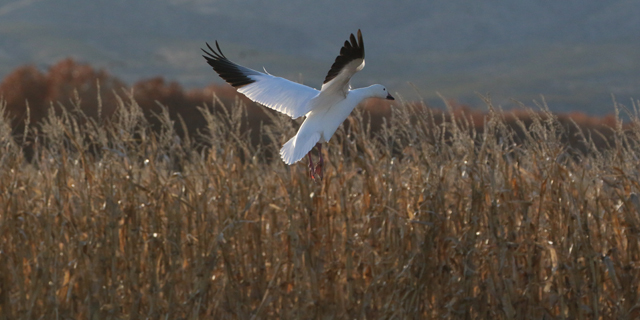Flying at dusk
A focus on reflection

Image: John Duncan - Unsplash
At seventy years old I am perhaps more content than I have ever been in my life. I hesitate to use the word ‘happier’ because I am not really sure what that word means, happier than what? I am a deeply reflective person and have always been so. I hold my ear close to the ground. I listen for the nuances that are sometimes whispered or unsaid. I was struck by the philosopher George Hegel when he wrotein his preface to the Philosophy of Right (1820) that ‘the Owl of Minerva only takes flight at dusk’. The constant companion of Minerva, the Roman goddess of wisdom, was a small owl that was traditionally regarded as being wise. Hegel’s reference was a metaphor for the nature of philosophy and its capacity to be understood only retrospectively. For me the owl flying at dusk reflects the idea that as we age there is the opportunity to reap rich insight and understanding retrospectively. Dusk is the darkest stage of twilight and as we head into the night, we know there will be no further interference from the sun if we want to observe the heavens. The low, slow flying owl glides and flies silently for long periods of time, slowly perhaps, but fully alert to opportunities.
I am very curious about most things and want to make more sense of my own life as I age. My insights from my life experiences whether joyful, painful or mundane nourish a sense of well-being that curiously sits alongside the acceptance of my inevitable decline; a strange relationship that I would nevertheless describe as healthy. The process of healthy ageing is not well understood. Not a lot is known about the interaction of different components, such as the interdependent relationships between physical, mental and social wellbeing.
I’ve given up on the aspiration to stay young. I am, however, committed to looking after myself. I can try to endure and defy for as long as possible but when my genes have given in to their natural inclination towards entropy the outcome will be out of my control. Ageing after all, reminds me that I am going to die. We need a new perspective on ageing that gives a voice to those who are ageing with courage and wisdom; to live with the tension of living as fully as possible and preparing to die. Rich and insightful versions of the experience of ageing will give greater visibility and encourage the stronger participation of older people in our communities. We need successful, insightful and influential older people.
The value of reflection
What does old age tell us about happiness or, stated a different way, ‘a meaningful and fulfilling life’? Attention to such reflection might help us to understand the complexities of ageing. We need to understand what continues to give people meaning at all stages of their lives as well as the hidden nuances of ageing that might shed light on our cultural attitudes.
I love to spend time alone to do the thinking that busyness has previously forced me to overlook or curtail. It is a kind of luxury that denies the need for apology. ‘Take your time’, ‘no rush’ is the mindful whisper that suggests I sit still and stare out the window. I am doing it more and more. I am reminded that all the time I have and need is in the present moment. No point looking to the future. A poignant irony. A deeper examination of our thinking has of course, ancient origins, and Socrates endorsed the value of living ‘the examined life.’ Experience however is not enough; deliberate reflection on experience is essential and the premise is that a reflective approach to what we do adds considerable value to the way we interact and make decisions.
An Australian government paper on future demographic challenges states that by 2042 there will be over one million people over the age of 85. An expensive cohort. There will be greater proportions of people in the oldest age groups while the proportions in the youngest age groups will decrease. This unprecedented proportion of older people will present significant challenges to all levels of society requiring them to adapt. It makes sense to try and understand more about the experience of ageing and the assets this section of the population can potentially contribute to society.
Towards the end of her moving eulogy to ageing entitled ‘Weathering’, New Zealand poet Fleur Adcock, now in her eighties, mentions some of the inevitable physical changes that she imagines will occur: a thickening waist, grey hair, chipped nails and probably worse. Yet her happiness prevails and in the last verse of her poem she writes:
‘that’s little enough lost, a fair bargain
for a year among the lakes and fells, when simply
to look out of my window at the high pass
makes me indifferent to mirrors and to what
my soul may wear over its new complexion.’
[Source: Jane Sargeant, Jane Sargeant Consulting Pty Ltd, Executive Consulting, jsargeant@rucc.net.au]